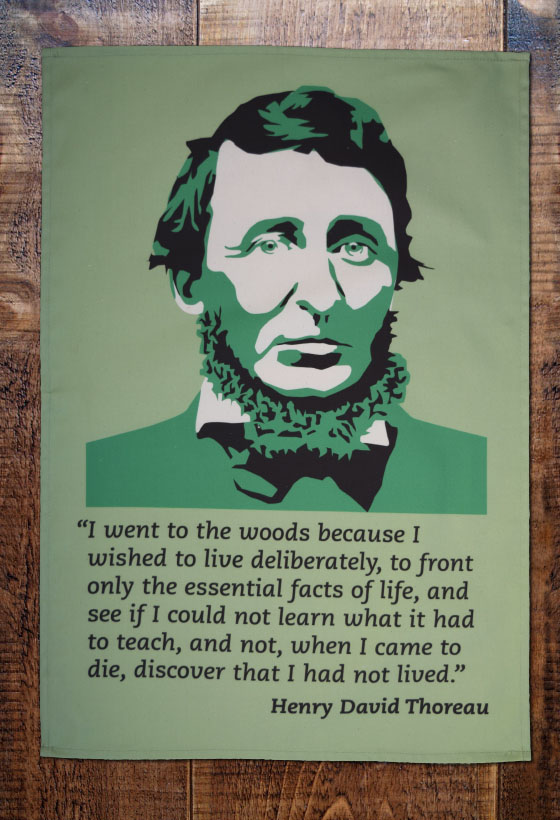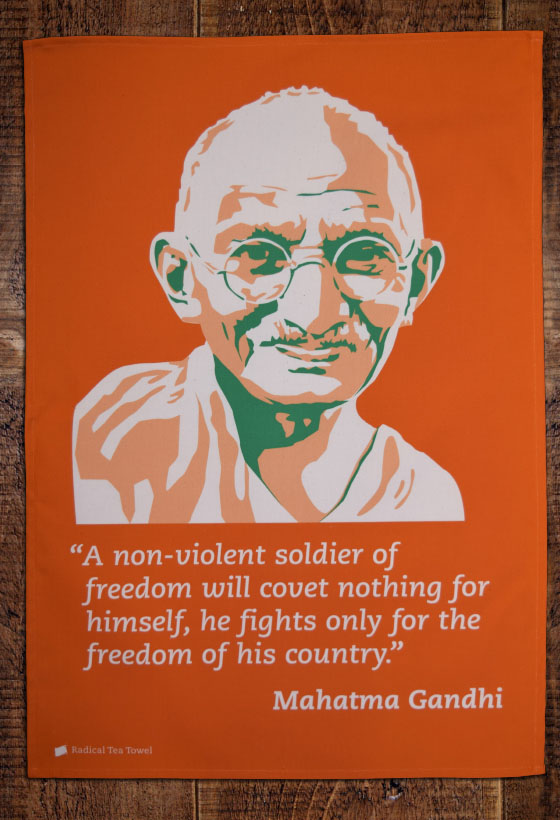The Radicals who Chose Isolation
Posted by Pete on 20th Apr 2020
Our radical past is home to many characters who have actively chosen an isolated way of life…
It’s hard to imagine right now, but plenty of people have happily opted for isolation over the centuries.
While we’re all currently forced into isolation by the need to protect our communities from the spread of coronavirus, others have wanted solitude, without need or obligation.
Many of these characters have been radicals, so it’s to them we turn in the fifth part of our 'Radicals in Isolation' series.
For some, like Yuri Gagarin – a devout internationalist – isolation was an occupational hazard they were happy to endure.

Seeking isolation
To explore the cosmos, Gagarin accepted the loneliness of outer space which was part and parcel of life as a cosmonaut.
Other radicals have sought out isolation as an end in itself.
In 1522, the Spanish cleric Bartolomé de las Casas took up the monastic life in what’s now the Dominican Republic.
Las Casas, remembered as "Protector of the Indians", was a lonely advocate of America's indigenous people against the murderous brutality of Spanish conquistadores in the 16th century.
Unable to stop the rampage of Spain’s soldiers, he sought the escape of solitude in the Dominican monastery of Santa Cruz.

Radicalism found in solitude
US philosopher, Henry David Thoreau, was another radical who preferred isolation.
In the 1840s, he moved to live by the shores of Walden Pond in the woodlands of Massachusetts.
"I went to the woods because I wished to live deliberately, to confront only the essential facts of life, and see if I could not learn what it had to teach, and not, when I came to die, discover that I had not lived."
Thoreau went after the raw solitude of nature, to see what human life was when the churning of modern industry and the power of the modern state were out of sight.
Isolation, in a monastery and in woodland, offered Las Casas and Thoreau a way to escape their corrupt societies.
It also gave them the space and time to seriously critique those societies and put their criticisms to paper.
In 1542, Las Casas wrote A Short Account of the Destruction of the Indies, in which he denounced the barbarity and violence of Spain’s ongoing conquest of the Americas.
In writing the book, Las Casas became one of the precious few Spanish critics of the grim, imperial project in the Americas.
And in 1848, while living by Walden Pond, Henry Thoreau produced his iconic essay, Civil Disobedience.
A significant influence on later activists like Gandhi and Martin Luther King, Civil Disobedience said that when what’s good does not match what's legal the former should prevail.

Click to view our tea towel in tribute to the great Mahatma Gandhi
Learning the value of quiet contemplation
While we're probably not as keen on isolated life as Las Casas and Thoreau were, their historical example is a useful one for us in our quarantined present.
Isolation can have some merits, not least as a space for contemplation and critique – the first steps on any path to a better world.
For hope amid the gloom, click to browse more of designs on our website!
